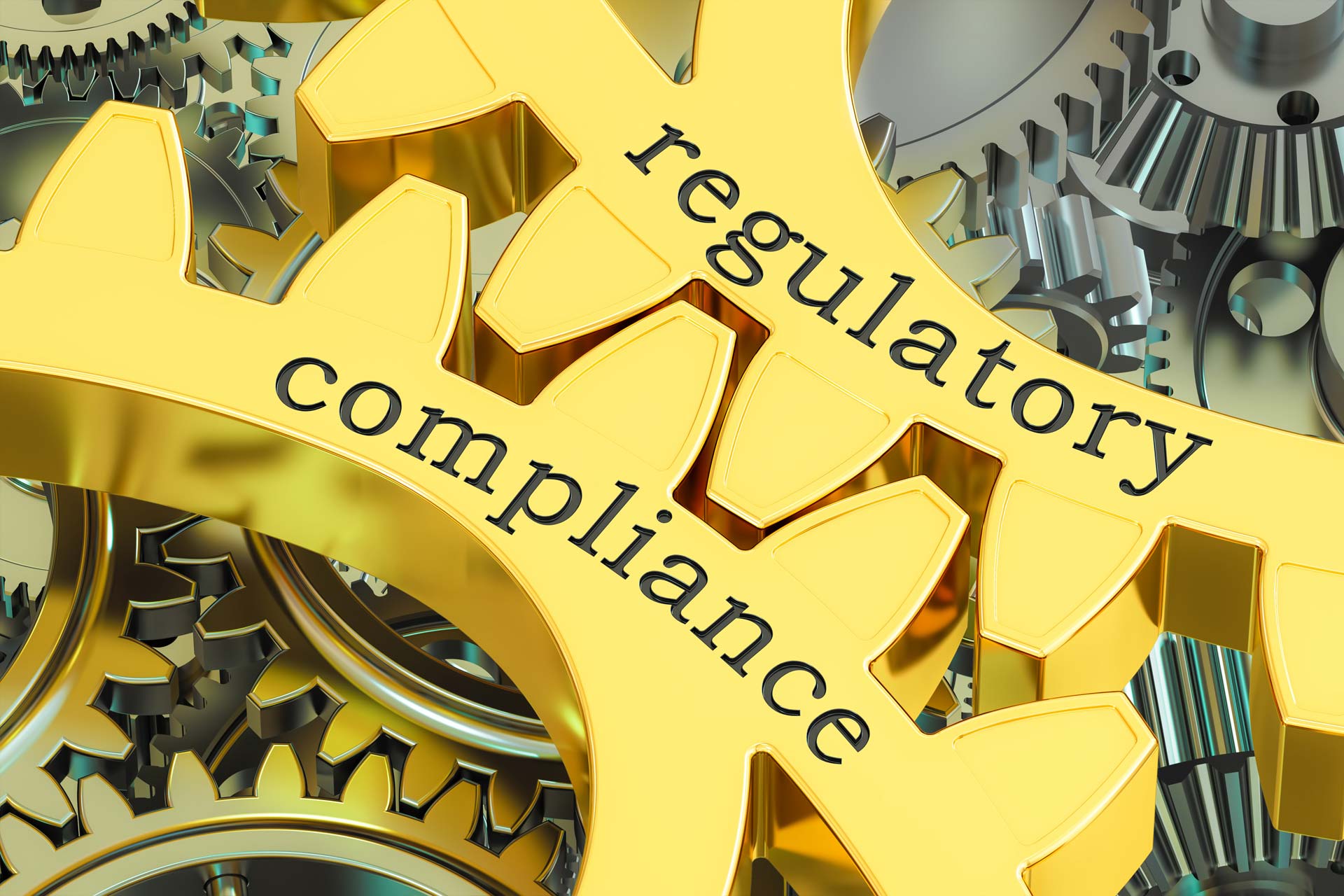Legal & Regulatory
COMPLIANCE OF LEGAL ASPECTS,
REGULATIONS AND OBLIGATIONS
Legal compliance plays an important role in any operation and even more so in the chemical industry which
is construed to be a major contributor to mishaps in health and safety and environmental issues.
Because of the hazardous nature of chemicals, the industry is heavily regulated and closely monitored to
ensure safety of personnel, the public and the environment.
Legal compliance, regulation and obligations form a major ISO component of our management structure and
stretches into all aspects of our operations. Careful monitoring and regular SABS and external legal
audits afford prompt procedural changes that enable us to comply with all legal issues.
ACE does more than what is legally required – we promote safety awareness.
CLANDESTINE USE OF CHEMICALS IN ILLICIT DRUG OPERATIONS
Governments have adopted a strategy of chemical control as part of their overall drug control and
enforcement plans. Chemical control offers a means of attacking illicit drug production and disrupting the
process before the drugs have entered the market.
Because many legitimate industrial chemicals are also necessary in the processing and synthesis of most
illicitly produced drugs, preventing the diversion of these chemicals from legitimate commerce to illicit
drug manufacturing is a difficult job. Governments place restrictions on the purchase of large quantities
of chemicals that can be used in the production of illicit drugs, usually requiring licences or permits to
ensure that the purchaser has a legitimate need for them.
Furthermore, since so many chemicals listed as illicit drug precursors are manufactured all over the
world, international co-operation combined with a comprehensive chemical control strategy is essential for
chemical control policies to succeed.
The International Narcotic Control Board (INCB) is the independent and quasi-judicial control organ for
the implementation of the United Nations Convention against Illicit Traffic in Narcotic Drugs and
Psychotropic Substances and United Nations drug conventions.
The DRUGS AND DRUG TRAFFIKING ACT, 1992 (ACT 140/1992) of SOUTH
AFRICA governs the sale and possession of certain chemicals and drugs. In terms of this Act all
purchasers of chemicals/drugs listed in Schedule 1 of the act are required to complete a Declaration of Intent.
List of substances frequently used in the illicit manufacture of narcotics, drugs and psychotropic substances under international control
| Substance included in Table 11 | ||
|---|---|---|
| Substance | HS code | CAS NUMBER |
| Acetic anhydride | 2915.24 | 108-24-7 |
| Acetone | 2914.11 | 67-64-1 |
| Butanone | 2914.12 | 79.93-3HS Code |
| Diethyl Ether | 2909.11 | 60-297 |
| Hydrochloric Acid | 2806.10 | 7647-01-0 |
| Potassium Permanganate | 2841.61 | 7722-64-7 |
| Sulphuric Acid | 2807.00 | 7664-93-4 |
| Toluene | 2902.30 | 108-88-3 |
| Substances included on the Limited International Specific Surveillance List | ||
|---|---|---|
| Acetic acid | Acetonitrile | Ammonia Solution |
| Benzaldehyde | Calcium Oxide | Ethyl Acetate |
| Formamide | Formic acid | 4-Methylpentan-2-one |
| Potassium Carbonate | Sodium Carbonate | Sodium Hydroxide |
| Sodium hypochlorite | O-Toluidine | |
The appropriate form for completion and return by the customer prior
to any sale can be downloaded from our documents page.
ACE is licensed in terms of the HAZARDOUS SUBSTANCES ACT No 15 of
1973, as amended, that provides for the control of substances which may cause injury or
ill-health to or death of human beings by reason of their toxic, corrosive, irritant, strongly sensitizing
or flammable nature or the generation of pressure thereby in certain circumstances and for the control of
certain electronic products; to provide for the division of such substances or products into groups in
relation to the degree of danger; to provide for the prohibition and control of the important,
manufacture, sale, use, operation, application, modification, disposal or dumping of such substances and
products, and to provide for matters connected therewith.
All chemical suppliers are required in terms of this legislation to obtain from our customers a Declaration of End-Use before concluding any sale of substances
falling under the act and will issue the necessary forms for completion. This declaration states that the
substances will not be used in circumstances involving nuclear, chemical or biological weapons productions
and will only be used for civil end uses.
The appropriate form for completion and return by the customer prior
to any sale can be downloaded from our documents page.
